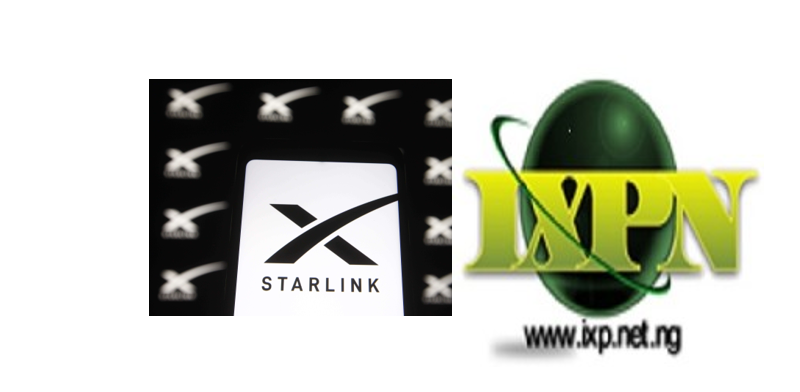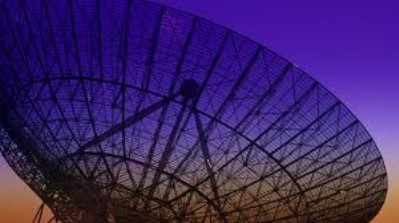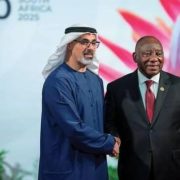Starlink is now hooked up to the Internet Exchange Point of Nigeria (IXPN) to begin its local routing of traffic as it begins commercial satellite broadband service in Nigeria.
Owned by American billionaire Elon Musk, Startlink is available for $600 (about N400, 000 to N450, 000) for hardware at entry point and $43 (about N31, 000 to N33, 000) as monthly subscription. Despite complaints that its services are exorbitant, analysts believe the operator will rework the market in its own favour.
RELATED: Starlink is here, pricy but will alter the scale against existing competitors
Starlink is a satellite internet constellation operated by SpaceX providing satellite Internet access coverage to 45 countries. Since 2019 that SpaceX started launching Starlink satellites, it has successfully launched and maintained over 3,300 mass-produced small satellites in low earth orbit (LEO), which communicate with designated ground transceivers.
The IXPN connects all IP-led organisations including Internet Service Providers (ISPs) and content providers allowing them to exchange Internet traffic locally and internationally. Major operators connected to the IXPN include FibreOne, Switch, MTN, Globacom, Airtel, Broadbased Communications, Smile Communications, Google, Facebook, and China Telecom.
There are four exchange points in Nigeria located in Lagos, Abuja, Port Harcourt and Kano. The IXPN is also the regional exchange point for West Africa allowing it to act as a hub for several IXPs across Africa for exchange of intra-country traffic and intra-regional traffic reducing latency and access costs.
The Nigerian Communications Commission (NCC) licensed Elon Musk’s Starlink last year to provide low latency, high bandwidths internet across Nigeria. The company had scheduled to launch service last December but rescheduled to early this year due to what it described as regulatory contentions that have now been addressed.





























